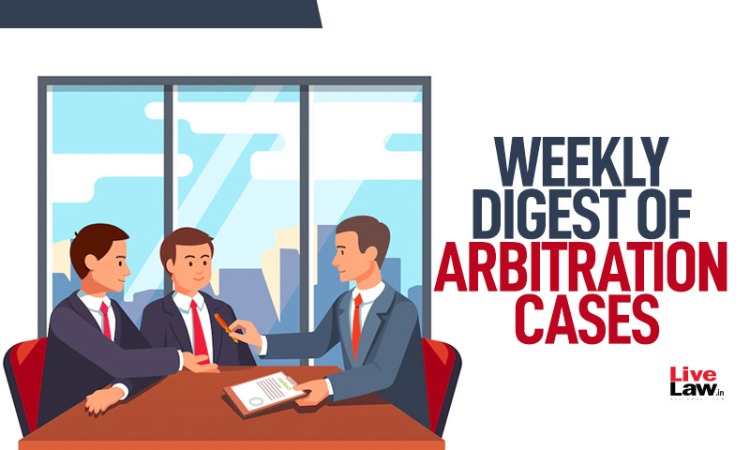Arbitration Cases Weekly Round-Up: March 19 To March 25, 2023
Parina Katyal
26 March 2023 4:00 PM IST

Next Story
26 March 2023 4:00 PM IST
Bombay High Court: Not Necessary For Party To Raise Objection Regarding Unilateral Appointment Before The Arbitrator, Can Be Raised In S. 34 Petition: Bombay High Court Case Title: Hanuman Motors Pvt Ltd & Anr. vs. M/s Tata Motors Finance Ltd The Bombay High Court has ruled that when one of the parties to the dispute has an overwhelming and unilateral power to appoint a...
